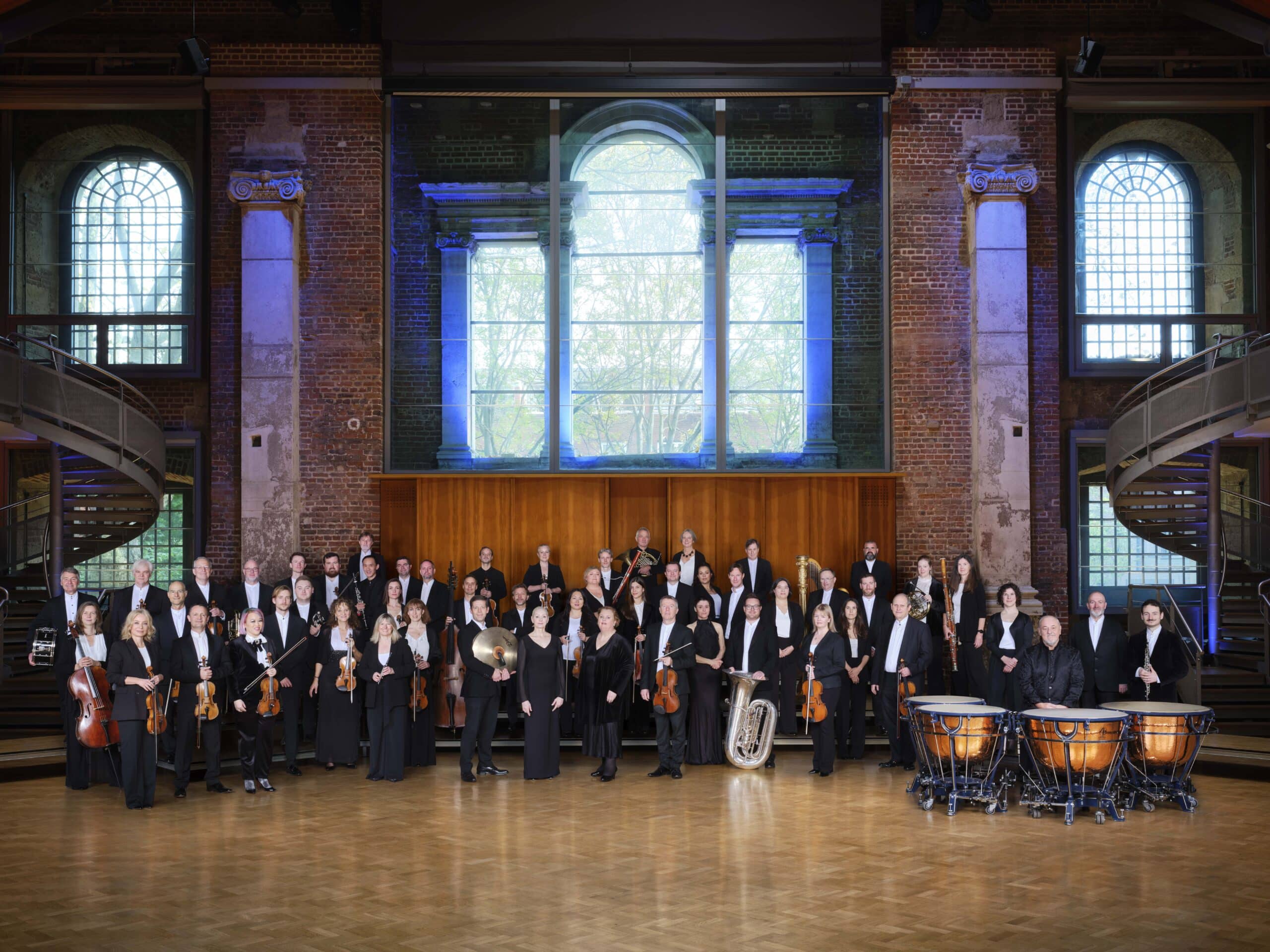In Conversation With…David Jackson, Vice Chair of the Board, Percussion at the London Symphony Orchestra
May 2025

David Jackson’s first introduction to the London Symphony Orchestra (LSO) was as a young boy at the cinema watching Star Wars: “A seminal moment for me in my wanting to become a professional player was a certain science fiction film released in 1977 when I was 6 years old. I fell in love with the music and when the LP of the original soundtrack got into my hands, I noticed on the front cover that the music was ‘composed and conducted by John Williams and performed by the London Symphony Orchestra.’ I remember thinking, ‘What a cool job it must be to play at the LSO’.”
David was born into a musical family. Although his parents were teachers by profession, his father was a passionate organist and pianist and his mother was an amateur opera singer: “We had a piano, and believe it or not, a church organ in our living room. I grew up listening to my father play Bach and Buxtehude, so it seemed natural for me to pursue a path in music.”
He attended a large comprehensive school where he was a member of the various school bands: “While I was an avid watcher of Top of the Pops and had dreamed of becoming a drummer for the Bay City Rollers, I went down the percussion route which led me to a classical music vocation.” Whilst at schoolDavid joined the Desford Colliery Brass Band and toured in Europe, the United States, and Russia. “All these opportunities presented themselves; I was like a kid in a sweet shop. Today, these few opportunities are so precious for younger musicians.”
David fulfilled his dream by studying at the Royal College of Music where he received a formal education in music and percussion: “My days were filled with practice from 8am to the evening. There’s a generation of percussionists that distinctly remember ‘Room 32’ as the only practice room for percussionists. I remember practicing in the corridor!”

In his final year, aged 22, he competed for the Shell LSO Scholarship for aspiring orchestral musicians: “This type of scholarship was a unique opportunity. I was a final contender in 1992 but did not win.” However, a year later, David returned to the LSO for a reunion concert and was offered a trial position. He became a full member of the orchestra in 1996 and has been part of the LSO community ever since.
His daily routine as a board member and percussionist is varied: “from rehearsals for upcoming programmes, to managing relationships between conductors, and overseeing orchestra tours including an upcoming 15-day European tour.” He adds: “One particularity about the LSO is that we are a self-governing orchestra, so the board members are voted on by the orchestra. There is always something to do but it never feels like a job; being an orchestral musician is a vocation.”
In his almost 30 years at the LSO, David feels very fortunate to have played with many of his childhood heroes including Bernard Haitink, Sir Simon Rattle, Antonio Pappano, and most recently Gustavo Dudamel. He highlights a notable moment: “In the late 1990s, the LSO were engaged to provide the soundtrack for the Star Wars prequel trilogy, which I took part in. It was like all my Christmases coming together as I sat in a studio with John Williams, George Lucas, and various actors popping in during the recording sessions.”
While the Covid-19 pandemic’s impact on the performing arts was drastic, David has an optimistic view of the current landscape: “We’re in a remarkably busy phase. London has five major orchestras battling for the same audience, but each one has found its niche identity. We seem to be lucky, doing exactly what we want to do repertoire-wise, with the conductors that we want to work with.
On the impact of philanthropy on the arts, he says: “We’re grateful for people who are equally passionate about what they do for the arts as we are about the arts; it’s invaluable. As performers and as artists, we can be nothing but eternally grateful.”
The Huo Family Foundation is supporting the London Symphony Orchestra with a grant of £200,000 for its 2023/24 and 2024/25 productions.